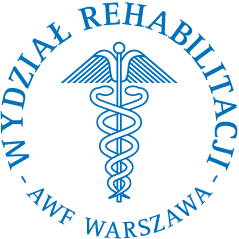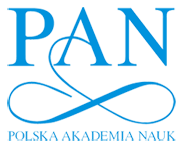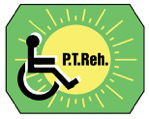


|
Current issue
Archive
Manuscripts accepted
About the journal
Editorial board
Reviewers
Abstracting and indexing
Contact
Instructions for authors
Publication charge
Ethical standards and procedures
Editorial System
Submit your Manuscript
|
2/2025
vol. 39 abstract:
Original article
Effect of electroacupuncture on blood pressure and quality of life in patients with primary hypertension: a randomised controlled trial
Tawfeek Tawfeek Mahmoud Emara
1
,
Zeinab Mohamed Helmy
1
,
Ahmed Rabee Abdelatief
2
,
El-Sayed Essam El-Sayed Felaya
1
Adv Rehab. 2025. 39(2): 1-14
Online publish date: 2025/04/01
View
full text
Get citation
ENW EndNote
BIB JabRef, Mendeley
RIS Papers, Reference Manager, RefWorks, Zotero
AMA
APA
Chicago
Harvard
MLA
Vancouver
Introduction:
Hypertension is a chronic condition that is marked by severity, an incapacitating nature, and considerable financial burden due to its potentially fatal consequences. Both public health and national economies are being impacted by its rising incidence. Purpose: To investigate the impact of electroacupuncture on blood pressure and quality of life in patients with primary hypertension. Material and methods: Forty patients of both sexes aged 50–60 years, diagnosed with primary hypertension, were randomly assigned into two equal groups (n = 20 for each): a study group, who received transcutaneous electrical acupoint stimulation (TEAS) 40 minutes per treatment session, thrice weekly for six consecutive weeks, plus routine medical therapy, and a control group, who underwent routine medical therapy only. The dependent variables, viz. systolic blood pressure (SBP), diastolic blood pressure (DBP), heart rate (HR), nitric oxide, sleep quality, and quality of life, were evaluated at the beginning and end of this study. Results: Within the study group, the mean values of all dependent variables demonstrated significant changes between the measurements taken before and after treatment (p < 0.001), whereas the control group only showed significant differences in SBP, DBP, HR (p < 0.001), and sleep quality (p < 0.05). In addition, after treatment, all dependent variables were significantly more favourable for the study group (p < 0.001). Conclusions: TEAS as an added technique to routine medical treatment is proven to reduce blood pressure and enhance quality of life in primary hypertensive patients. keywords:
acupuncture points, essential hypertension, nitric oxide, quality of life, transcutaneous electric nerve stimulation |
    |